3 Ways to Mitigate Your Risk of Payments Fraud
January 26, 2023
ARTICLE - Concerns about fraud remains one of the biggest reasons that businesses still pay their suppliers with paper checks instead of with electronic methods such as virtual cards or Automated Clearing House (ACH) transactions, the Institute of Finance and Management’s (IOFM) benchmarking data finds.
Ironically, paper checks leave businesses at greater risk of fraud than electronic payments.
Fifty-seven percent (57%) of businesses surveyed by IOFM say that paper checks from accounts payable are the most vulnerable to fraud, with 14 percent (14%) identifying checks from third parties as at risk.
In fact, there is a staggering tenfold increase in fraud incidents with paper checks than there are with ACH and wire transfers combined, according to the Association for Financial Professionals (AFP). Paper checks also are responsible for more than twice as many fraud incidents as p-cards.
The risks of check payments to suppliers
From the moment they are issued, paper checks create opportunities for fraud:
- Dishonest employees may issue checks without proper authorization
- Crooks can alter paper checks (“wash them”) or create counterfeit checks, along with using the bank routing and account numbers on paper checks for nefarious purposes
Resolving check fraud is a manual, time-consuming process that requires buyers to issue stop-payments, reissue payments, close and reopen accounts, pay bank fees, and order new checks.
Want to reduce the risk of fraud in your accounts payable department? Pay suppliers electronically!
Here are three things to look for in an ePayables solution:
- Access controls: Compared to paper checks, ePayables solutions make it easier to ensure chain of custody. But also look for an ePayables solution with strong access controls across all payment methods, including ACH and card. Best-in-class solutions will provide roles and permissions/privileges, configurable business rules, complete audit trails, hierarchical access, administrative controls for security settings, data encryption, system-level settings, and parameters (such as the amount, supplier, location, or date) for approved payments.
- PCI compliance: If virtual cards are part of your payments mix, be sure your ePayables solution complies with the Payment Card Industry Data Security Standard (PCI DSS). PCI DSS outlines stringent requirements for safeguarding sensitive data, improving control over the posting process, and enabling detailed oversight and reporting of card transactions.
- Automated alerts: Unlike paper checks, ePayables solutions provide real-time visibility into the status of transactions as well as instant reporting on tasks performed by personnel and other key insights. Advanced ePayables solutions also can automatically alert users of suspicious payments, based on pre-set thresholds and historical payment trends.







